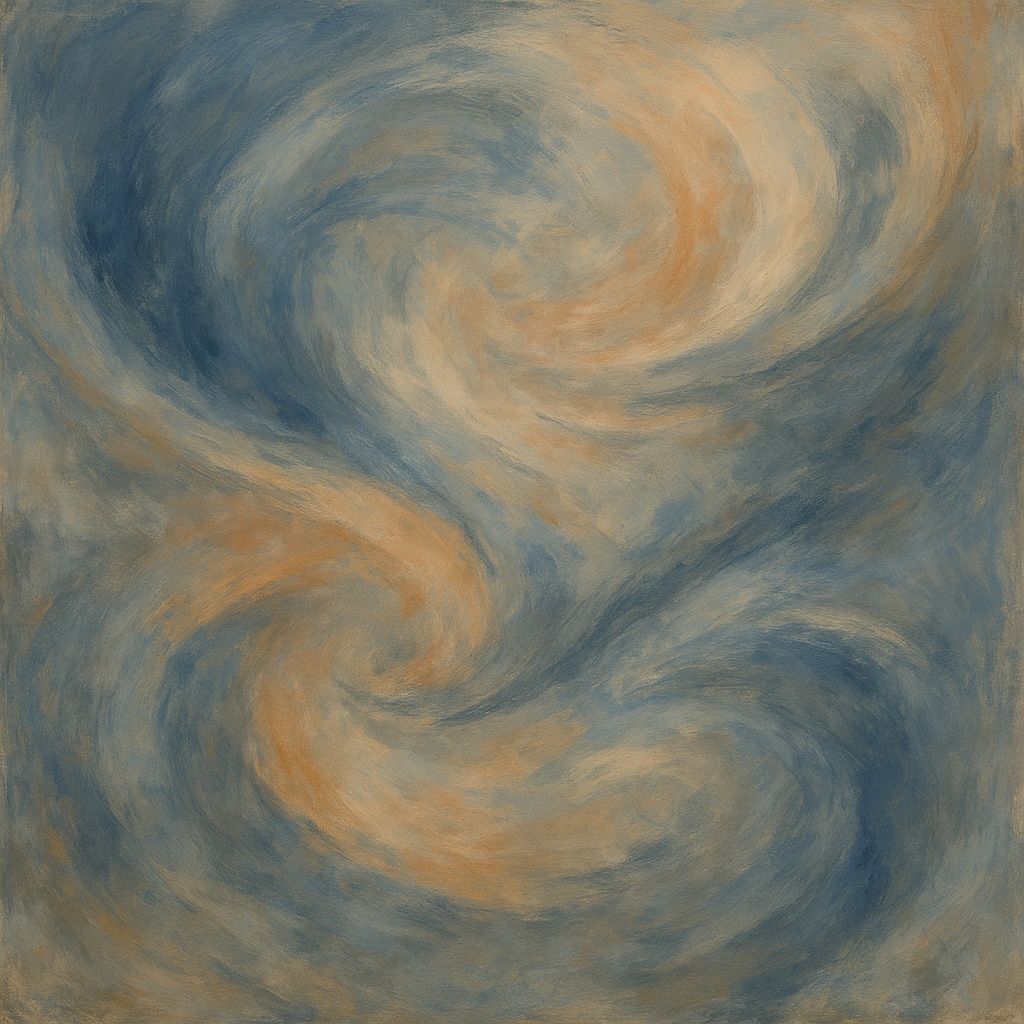drama rarely announces itself
My friend doesn’t do drama—and watching her walk that talk showed me how it's done.
At dinner with friends, a woman and I fell into a side conversation that turned sharp. We disagreed—about something small, but it struck a nerve. My friend glanced over, sensing the shift in energy.
The woman left, saying she’d walk home. A few minutes later, she returned and sat beside my friend. “I didn’t feel safe,” she said. My friend acknowledged it, calm and neutral. When the woman asked, “Will you walk me home?” my friend replied, “Sure, when the group’s ready.” She ordered another bottle of water. A beat passed. “Actually,” the woman said, “I think I’ll be okay.”
My friend pulled me aside. “See what happened there?” she said. She pointed out the subtle emotional maneuvering—how the woman had watched us, stepped back in, and tried to draw her away. The young woman didn’t ask out of fear, not really. It was more a move to shift attention, to recruit someone into her version of events. She’d seen this before—someone trying to isolate another from the group, either to get validation or to draw someone into their version of the story.
But my friend gracefully said no. She had no desire to be roped into the drama. She could smell it brewing and made it clear not to get into it.
Drama rarely announces itself. It shows up as a quiet request, a subtle pull, a need to be ‘heard.’ But recognizing the pattern—and choosing not to play—protects your energy.
